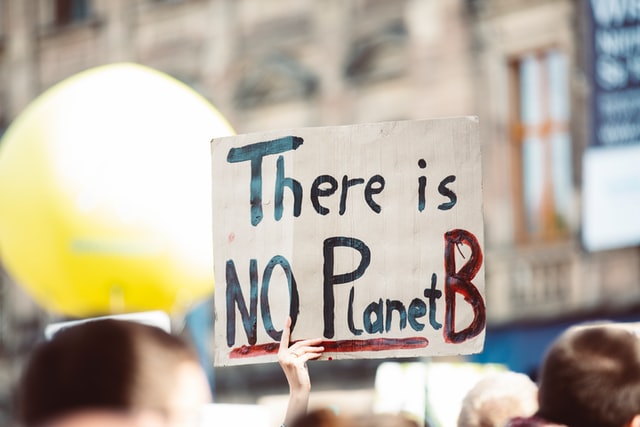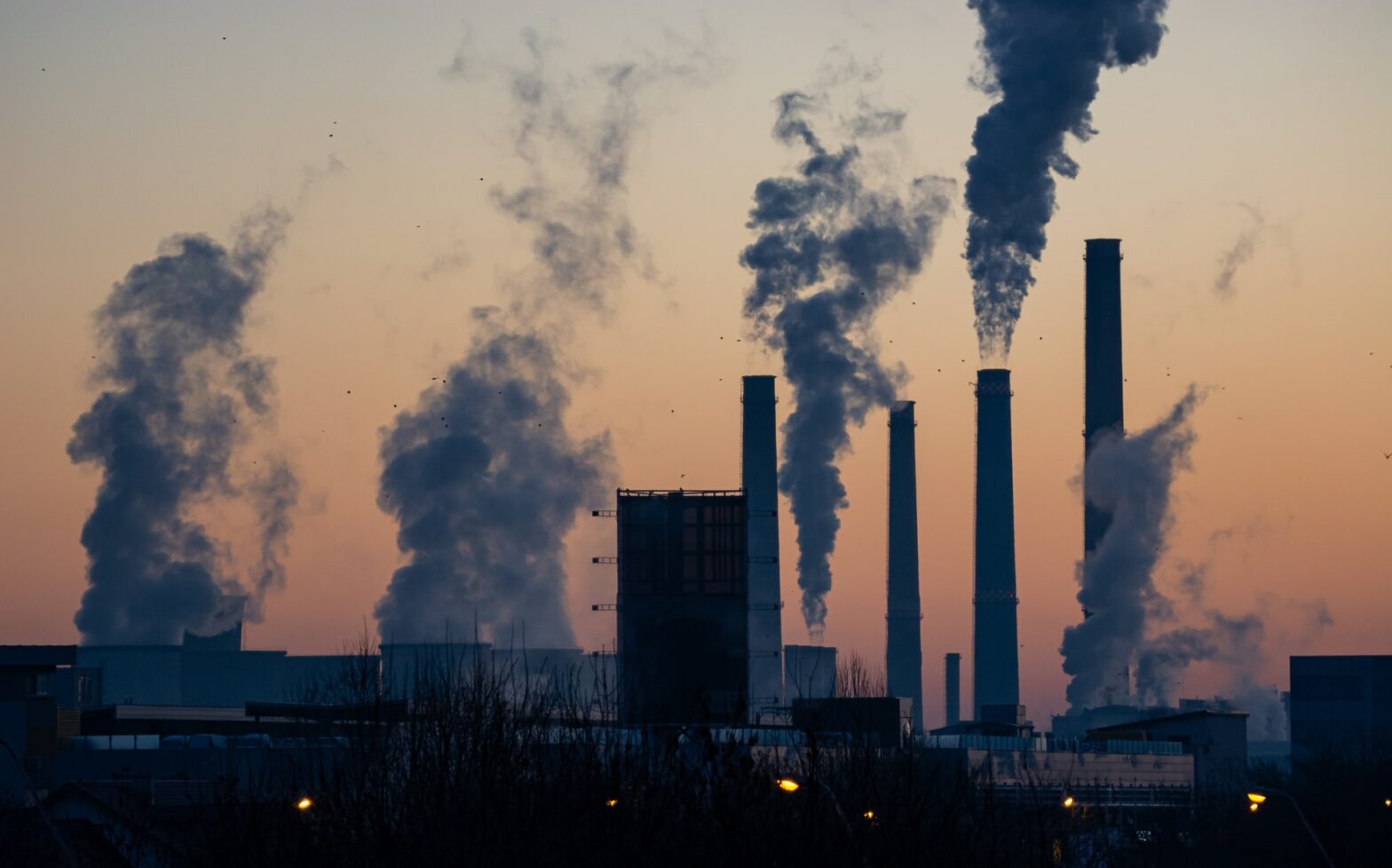Share Twitter Facebook Email Copy URL
Yesterday, the latest report from the Intergovernmental Panel on Climate Change (IPCC) further strengthened the scientific consensus that tackling fossil fuel production is a prerequisite for limiting global warming to 1.5C.
The window for action is small but still there if governments decide to finally take quick and collective action. As Antonio Guterres, the UN Secretary General, put it: “The truly dangerous radicals are the countries that are increasing the production of fossil fuels. Investing in new fossil fuels infrastructure is moral and economic madness”. This is true both for the climate crisis and the Ukraine war.
To deny this urgency is to deny the science
As this report demonstrates, we are building more and more evidence pointing to the need for radical and rapid action to address the primary cause of the climate crisis: fossil fuel production. Even the IEA, known for its conservative positions favorable to the fossil fuel industry, published its first 1.5C scenario calling for an end to fossil fuel expansion.
The latest climate science is a stark warning, but also a new signal of hope
While the alarm bells are ringing, we still have a window of opportunity to prevent the worst impacts of the climate crisis if we take bold and fast action to phase out fossil fuels. In fact, so long as we move fast enough, if we can end emissions from the burning of coal, oil and gas, global temperatures will stop rising almost immediately.This finding makes a huge difference; it means that humanity is at the point where we can still prevent the greatest impacts. We are not irrevocably doomed if we take bold and fast action. For the most affected communities, indigenous peoples, and young people whose future is so uncertain, this is a paramount scientific information that can multiply the mobilizations and struggles already underway.
This latest IPCC report is the second report published since the beginning of the war in Ukraine, a horrific conflict bankrolled by decades of dependence on oil and gas and the intrinsically violent nature of fossil fuel exploitation. We need to end our reliance on fossil fuels because it is at the root of the climate crisis but also at the root of war. The failure to act towards a just transition based on clean energy has indeed given Russia the power to convert oil and gas revenues into weapons to kill innocent Ukrainian civilians. Local activists, supported by hundreds of organizations around the world, are calling on governments, corporations and financial institutions to immediately divest, stop all trade and impose an embargo on all fossil fuels from Russia. This, in the name of freedom and human rights for Ukrainians, but more broadly, in the name of the most vulnerable countries which have been experiencing fossil fuel conflits every day for years.
While bold and immediate action to phase out fossil fuels is the solution the science is calling for, there is currently no international mechanism to manage this transition. The Paris Agreement, as important as it is, does not mention coal, oil or gas once. This has resulted in planned expansion of fossil fuels wildly out of line with the latest science. In fact, according to the United Nations Environment Programme’s latest Production Gap Report, by 2030, governments’ production plans would lead to 240% more coal, 57% more oil, and 71% more gas than is consistent with the 1.5 limit temperature.

Science calls for a global transition away from fossil fuels — in order to manage this transition we must implement global solutions commensurate with the scale of the crisis. One such policy framework is a Fossil Fuel Non-Proliferation Treaty, a new binding mechanism to tackle fossil fuel production. Only a new agreement based on international cooperation to constrain fossil fuel production can lead to a coordinated and equitable global transition that supports communities, workers and countries to create secure and healthy livelihoods.
This wouldn’t be the first time the international community has used treaties to mitigate urgent risks facing the world. The Fossil Fuel Non-Proliferation Treaty proposal draws on lessons from global efforts to stop the spread of nuclear weapons and ban ozone-depleting chemicals, landmines and other threats to humanity. It will advance action under three pillars:
- Non-Proliferation: Don’t Add to the Problem. An immediate end to the expansion into new reserves of coal, oil and natural gas would limit the globe’s production of carbon emissions.
- Fair Phase-Out: Get Rid of the Existing Threat. Since already operating oil and gas fields and coal mines contain more carbon than can be burnt under a 1.5°C target, phasing out those current stockpiles is a much-needed step to keep the world under the Paris Agreement’s temperature limits.
- Just Transition: Accelerate an Equitable Transition. Every worker, community, and country must be taken into the deepest consideration on the way to fast-tracking all solutions. Only a proactive plan to enable economic diversification, implement renewable energy and other reliable, cost-effective low-carbon solutions will be able to meet the needs of a sustainable future.
Numerous climate experts colleagues are part of close to 3000 scientists who have endorsed the call for a Fossil Fuel Non-ProliferationTreaty. Our open letter builds on this clear and urgent scientific consensus that the world needs to tackle the climate crisis at its source. Our call also recognizes the failure of regulation at the national and international level has resulted in countries making climate commitments with one hand, while ramping up fossil fuel extraction with the other. The Treaty could remedy that blindspot by explicitly tackling the production of coal, oil and gas.
And we are not alone. Our call for a Fossil Fuel Treaty has also been backed by 1300 civil society organizations, 101 Nobel Laureates, 40 cities, hundreds of youth activists, 1,000 faith leaders and over 170 nationally-elected parliamentarians.
By COP 27, the IPCC Sixth Assessment cycle will be closed and the scientific arguments, coupled with the terrible war in Ukraine, will make our demand for a global mechanism to phase-out fossil fuels more urgent than ever. We need to end the deadly fossil fuel system, and doing so will require unprecedented of international cooperation.
Julia Steinberger is the Director of CLIMACT, the Center for Climate Impact Action



